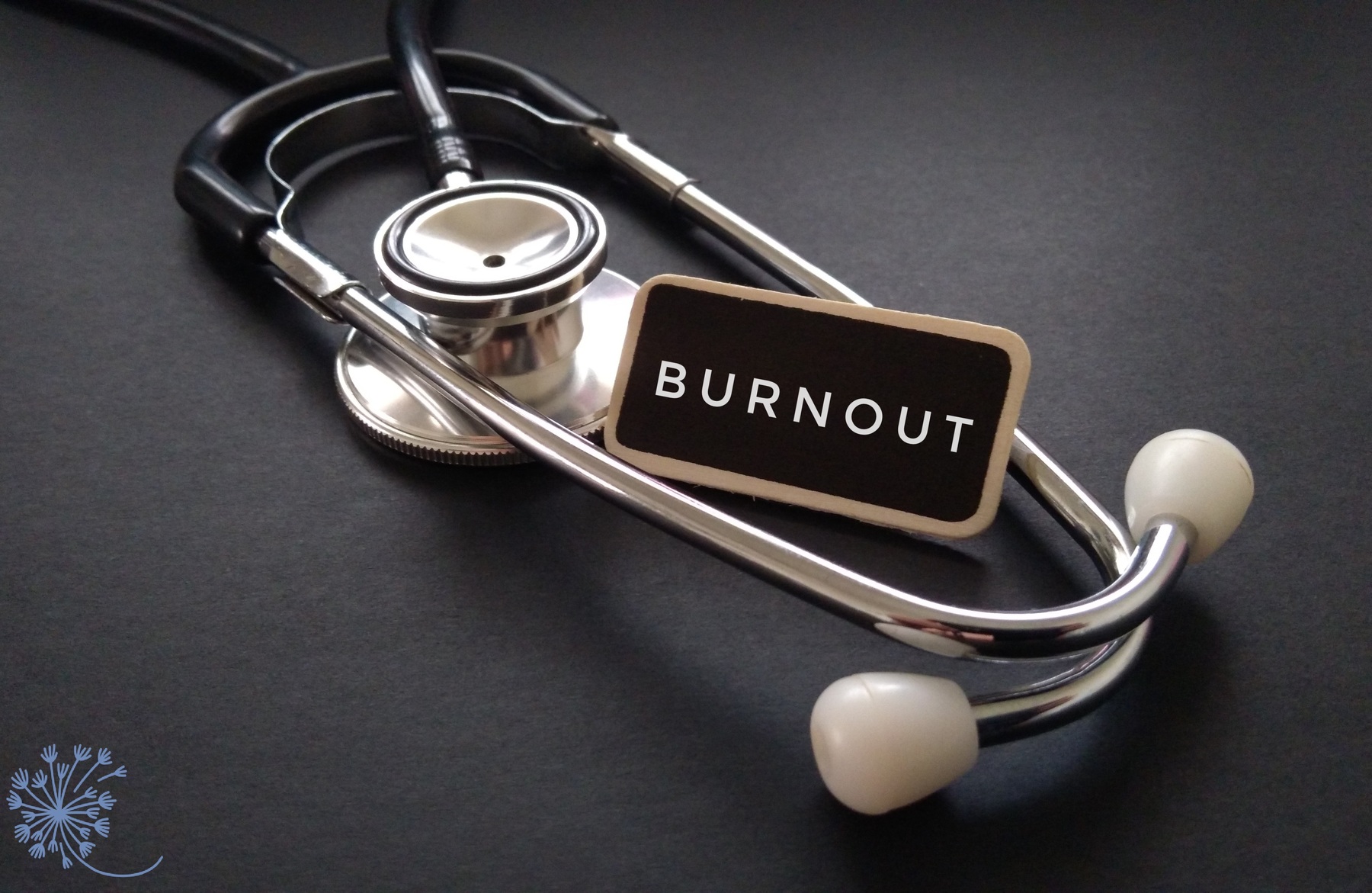Physician Burnout
As a professional who has worked with numerous healthcare professionals, I’ve seen firsthand the immense pressure that physicians place on themselves.
by Pamela Madsen | , updated
As a mental health professional who has worked with numerous healthcare professionals, I’ve seen firsthand the immense pressure that physicians place on themselves. It’s no secret that the medical profession demands excellence, but when the pursuit of perfection turns into perfectionism, it can lead to severe burnout. Let’s delve into this critical issue and explore ways to manage it effectively.
The Nature of Perfectionism
Perfectionism is characterized by setting extremely high standards for oneself, coupled with a relentless drive to meet these standards and a fear of failure. While striving for excellence can be a powerful motivator, perfectionism often leads to:
- Self-Criticism: Constantly evaluating oneself harshly for perceived shortcomings.
- Fear of Mistakes: Intense fear of making errors, leading to excessive caution or overworking.
- Imposter Syndrome: Persistent feelings of inadequacy despite evident success.
Why Are Physicians Prone to Perfectionism?
The medical field naturally attracts high achievers—individuals who are driven, conscientious, and resilient. However, several factors contribute to the high levels of perfectionism among physicians:
- Training Environment: Medical training often emphasizes flawless performance and can be unforgiving of mistakes.
- Responsibility: The stakes in medicine are incredibly high. Physicians are acutely aware that their decisions impact lives.
- Culture: There’s a pervasive culture in medicine that equates perfection with competence and errors with incompetence.
- Professional training: physicians have not been provided with the training to understand how trauma shows up in patient encounters, leading to a misunderstanding of patient non-compliance and resistance.
- Ethical Dilemmas: Physicians work at a convergence of several demands, including administration, third-party payors, patient needs, workplace dynamics, and professional ethics. These competing demands rarely unify.
The Burnout Connection
Burnout is a state of emotional, physical, and mental exhaustion caused by prolonged stress. It manifests as:
- Emotional Exhaustion: Feeling drained and unable to cope.
- Depersonalization: Developing a detached, callous attitude towards patients.
- Reduced Accomplishment: Feeling ineffective and questioning one’s professional competence.
Perfectionism significantly contributes to burnout in physicians. Here’s how:
- Unrealistic Standards: Perfectionists set unattainable goals, leading to chronic stress and disappointment.
- Overwork: The drive to avoid mistakes can result in excessive hours and inadequate rest.
- Lack of Self-Compassion: Perfectionists are often harshly self-critical, exacerbating feelings of inadequacy and failure.
Six Strategies for Managing Perfectionism to Prevent Burnout
While the demands of the medical profession are unlikely to change, there are strategies that physicians can adopt to manage perfectionism and mitigate burnout:
-
Set Realistic Goals: Recognize that perfection is unattainable. Aim for excellence, but accept that mistakes are part of learning and growth.
-
Practice Self-Compassion: Treat yourself with the same kindness and understanding that you would offer a patient or colleague. Acknowledge your efforts and forgive your mistakes.
-
Prioritize Self-Care: Ensure you are taking care of your physical, emotional, and mental health. Regular exercise, sufficient sleep, and hobbies outside of work are crucial.
-
Seek Support: Don’t hesitate to seek support from colleagues, mentors, or a mental health professional. Sharing your experiences can provide relief and new perspectives.
-
Mindfulness and Stress Management: Techniques such as mindfulness meditation can help reduce stress and improve your ability to cope with high-pressure situations.
-
Reflect on Success: Take time to reflect on your achievements and the positive impact of your work. This can help balance the focus on shortcomings and reinforce a sense of accomplishment.
Conclusion
Perfectionism and burnout are significant challenges in the medical profession, but they are not insurmountable. By recognizing the signs and implementing strategies to manage perfectionism, physicians can maintain their well-being and continue to provide the highest level of care to their patients. Remember, being a great physician does not mean being perfect; it means being human and compassionate — both to your patients and to yourself.
For further reading on this topic, I recommend the following resources:
- Perfectionism and Burnout in Physicians: The Hidden Dangers
- Managing Stress and Preventing Burnout in the Medical Profession
- Self-Compassion: The Proven Power of Being Kind to Yourself
If you have any questions or need support, feel free to reach out. Your health and well-being are just as important as your patients’.





